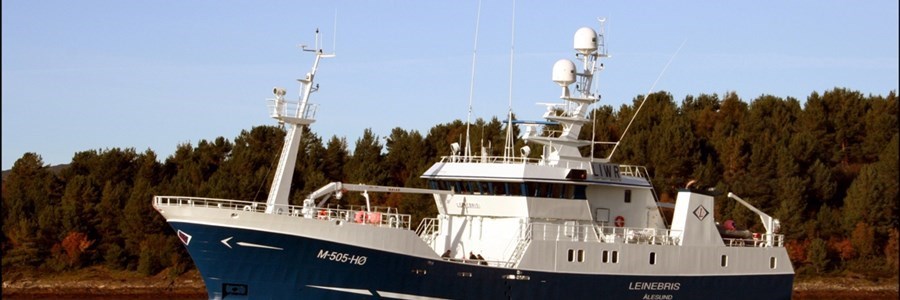Europêche: l'interdiction de la pêche en mer profonde à 800m n'a pas de fondement scientifique

Selon Europêche l'interdiction de rejet, convenue hier par le Parlement, le Conseil et la Commission européenne est arbitraire et répond uniquement aux intérêts politiques et non aux menaces environnementales réelles. L'interdiction est inclue dans la réglementation de la pêche en haute mer convenue hier.
The fishing body however welcomes other measures agreed for the protection of vulnerable marine ecosystems (VMEs) and for better management of deep-sea species. Many of these respond to demands promoted by the sector itself or are in fact already existing measures regulated by the North East Atlantic Fisheries Commission (NEAFC). These include total or temporary closure of areas where there are VMEs; freezing the footprint of fishing activities in deep waters and exploratory fishing in new areas (upon presentation of an impact assessment on the ecosystem).
Europeche also supports the protocol to be followed by fishing vessels operating in depths greater than 400 meters when they encounter VMEs, which halts fishing activity until the vessel is at least 5 miles away from the fishing ground.
The institutions have also adopted a number of measures for the improvement and greater transparency of information on VMEs. Therefore, EU vessels now must provide data on the species targeted in these areas and the Member States must provide the location of these ecosystems and carry out their impact assessments. In addition, from now on, 20% of vessels targeting deep sea species will have to carry a scientific observer to ensure data accuracy. Europeche believes that these measures will enable scientists to have better information on fishing activities and therefore make better assessments and management recommendations.
President of Europêche, Javier Garat stated: "It is a pity that the EU has included an 800 meters ban since it undermines the legitimacy of the measures of the Regional Fisheries Management Organisations (RFMOs), namely NEAFC, and repeats the mistake to demonise, without any scientific evidence, a highly regulated and effectively managed fishing gear by RFMOs and Member States. However, the rest of the regulation is acceptable to the sector, whose main aim is to carry out responsible and sustainable fishing activities."
Garat continued: "The fishing grounds where the trawling fleets operate represent a relatively small portion of the ocean and are selected areas, which have been highly productive for decades and will remain so, if properly controlled and monitored, as it has been the case up until now."
The new deep sea fishing regulation will have to be formally approved by the Council, the Committee on Fisheries of the European Parliament and subsequently by the plenary of the European Parliament, expected in November.
END
Europêche represents the fisheries sector in Europe. Currently, the Association comprises 14 national organisations of fishing enterprises from the following 9 EU Member States: DE, DK, ES, FR, IT, MT, NL, PL, UK.
Press contacts:
Kathryn Stack, Managing Director of Europêche: +32.2.230.48.48 kathryn.stack@europeche
Sources: Europeche
Attachments:
Tags: mer profonde, interdiction, 800 mètres, la durabilité, la CPANE, VME, chalutage, eau profonde